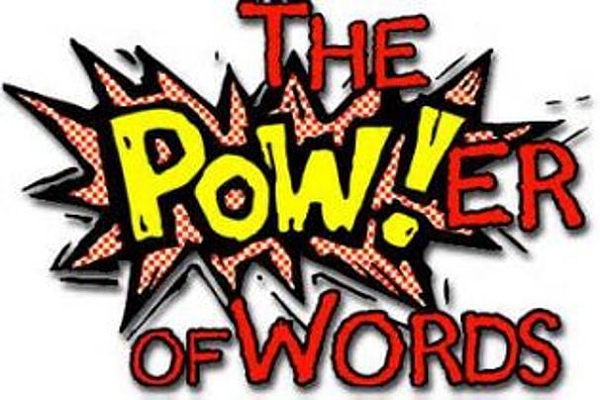Tips to Succeed at First Public Speaking Presentation

For all that public speaking preparation and practice, the person possibly did not rest the nights just before. He could have the cold sweats, or shakes, or both. It does not matter, its go time. He has made it on stage.
Even all of the trainings and practices on the planet can not make up for the frightening undertaking of delivering the first Public Speaking presentation. It is a buzz of emotions, and it aids to understand the various feelings and sensations which will come upon him, and the best way to handle them.
Tips to Succeed at your First Public Speaking Presentation:
Here are some important tips that help in delivering the good and effective presentation.
-
Take Your Time:
It really is quite common to speak incredibly rapidly in the course of your presentation. Its been mentioned that you ought to try to converse doubly slow as normal when providing a public speech. Although it may well sound crazy on stage, you will almost certainly be speaking with a standard rate. We have a tendency of talking exceptionally quick when we are uncomfortable, and there is no more related instance than your very first public speaking topic! Its important to be coherent of this predisposition, and understand that you will need to overpower it.
-
Trim out the ums:
When you search for a word, key phrase, or statement while you are up on stage, your general predisposition will be to say um or uh to pass some time. Stop. Here is the magic formula just do not say anything. While it can actually feel extremely unnatural on stage, to the attendees, pauses are really useful. Pauses permit the listener to soak in what you just said. Pauses are offered for dramatic emphasis, and help the listener comprehend whenever you are emphasizing some thing. Pauses provide the attendees a natural breaking point, and plainly delineate breaks in content.
Additionally, the audience will never understand that you were searching for the future assertion or remark. As opposed to saying um, just pause.
-
Smile Frequently:
Even though it may feel like you are presenting to a number of unknown people, generating a connection is often an important step in their impression of the public speech. If you would like to master the art of public speaking, you will want to make a bond with the audience. The most important and simplest step to take in doing so should be to smile. Smile much more than you believe is required. Smile to soften a point you just made, or to generate a soft and sensible side to you. Any time you smile, you are reminding the viewer that you simply are human. You are connecting with them, and taking what was a public speaking presentation and making it into much more of a dialogue.
These three points can make all of the difference in your first Public Speech. Take them to heart, and you will be effectively on your way to mastering the art of public speaking.






